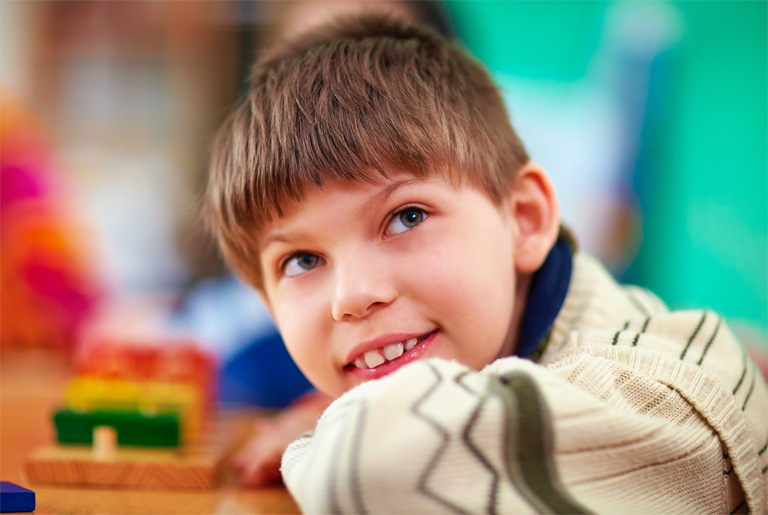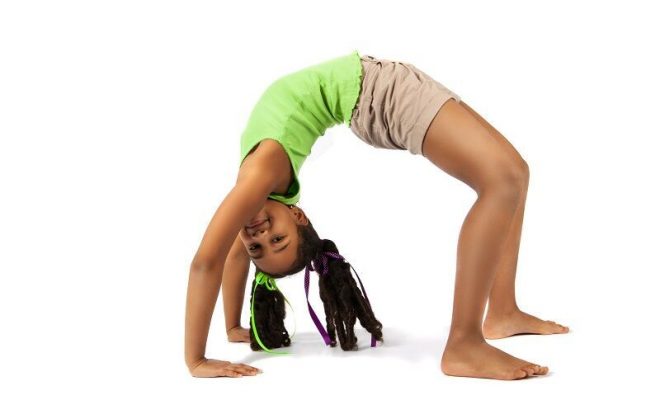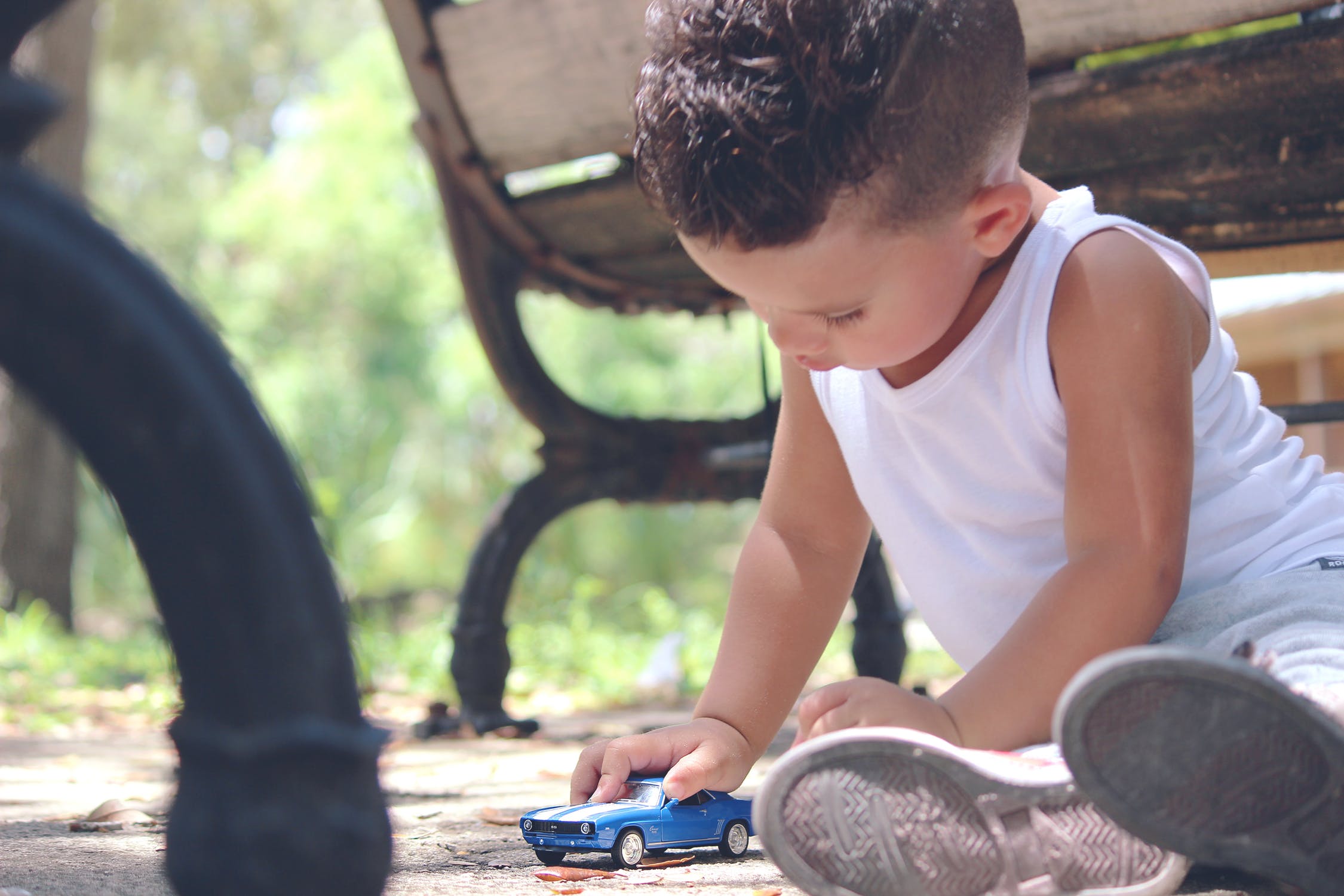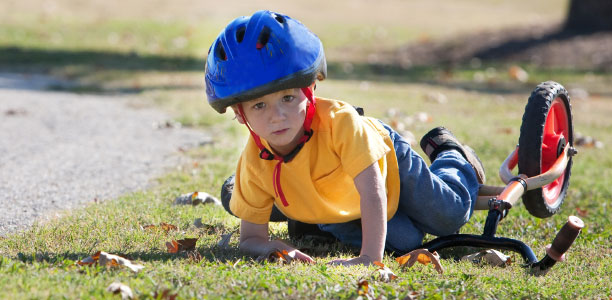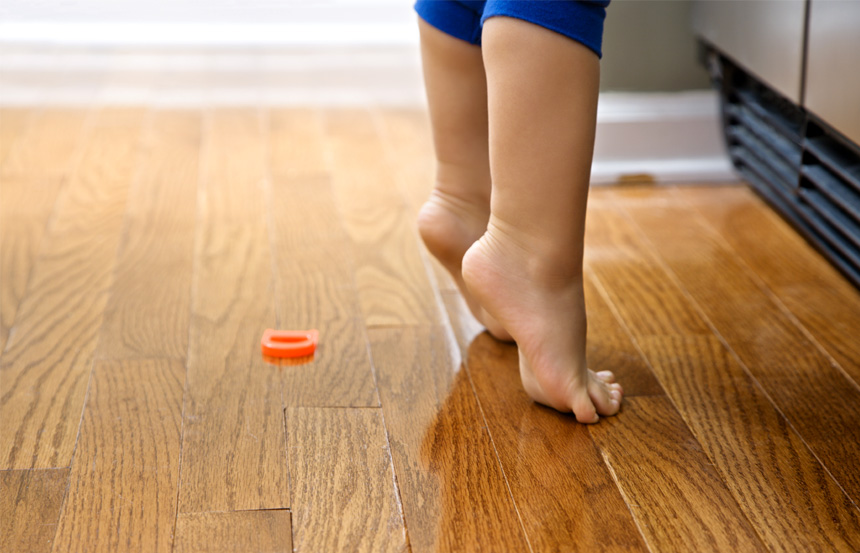Why you should go with the tantrum flow
If you’re like most parents, you probably dread the inevitable tantrum episode, seemingly hiding around every corner. Although it’s a natural and common occurrence amongst young children, because of the distress it causes (for everyone in the vicinity), you naturally want to stop it in...


